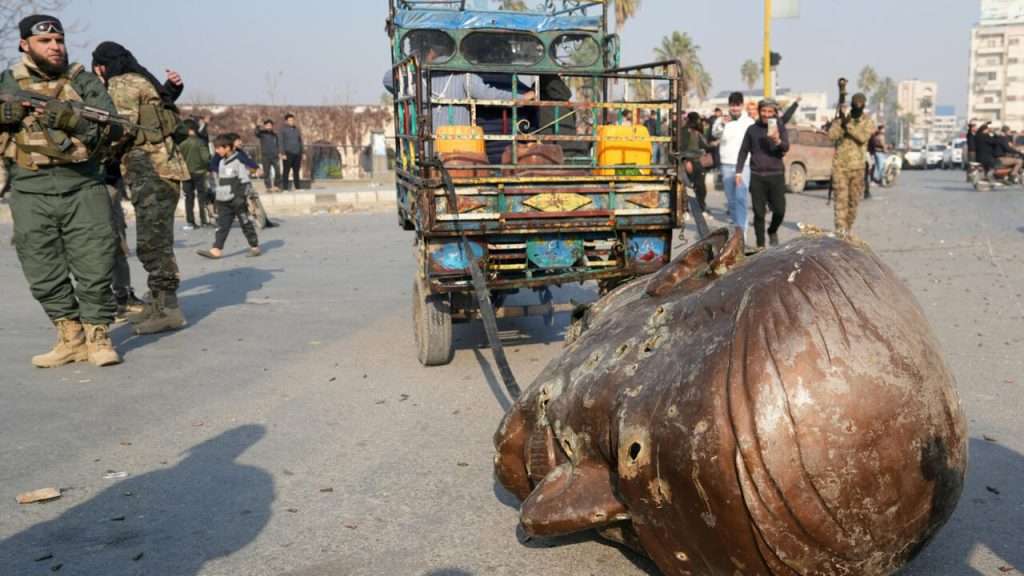Algeria and Tunisia rhetoric u-turn as new Syria established

Algeria and Tunisia have changed tack on Syria after Jihadi militia group Hayat Tahrir al-Sham toppled Bashar al-Assad on December 8th, according to MiddleEastEye.
Both countries had denounced the offensive on the Assad regime as “terrorist attacks”, voicing their support for the government.
Algeria’s foreign minister Ahmed Attaf had even spoken to his Syrian counterpart Bassam Sabbagh on the phone, reassuring him of Algerian backing.
Later on December 8th, following the news of Assad’s departure from Damascus to Moscow, the Algerian foreign ministry called on the new government “to preserve the country’s assets and achievements and to look to the future to build a country for all”, with “institutions emanating from the will of the Syrian people”.
Algiers invited “all Syrian parties to dialogue, far from any foreign interference,” emphasising that the state “stands alongside the brotherly Syrian people, who are linked to the Algerian people by luminous pages of a common history based on solidarity and mutual support”.
READ: Algerian President Tebboune makes historic visit to Mauritania
Tunisia also performed a diplomatic u-turn, after calling Syrian insurgents terrorists and expressing “full solidarity with the Syrian Arab Republic”, it announced on December 10th “its absolute solidarity with the brotherly Syrian people, who have deep fraternal ties with the Tunisian people”.
The foreign ministry emphasised “the need to ensure the security of the Syrian people and to preserve the Syrian state as a unified and fully sovereign state in order to protect it from the danger of chaos, fragmentation and occupation and to reject any foreign interference in its affairs”.
While Tunisian ties with Damascus were unexceptional, Algeria did indeed have strong historical bonds with the Assads, both sharing support for the Soviet Union and anti-imperialist struggles.
The Baathist movement which brought Hafez al-Assad to power in the early 1970s, was also very influential in Algeria after their independence from France in the 60s.
READ: Congo: UN warns of “escalating insecurity” amid M23 occupation
Brotherly bonds were strengthened further by their similar plights during the Arab uprisings of 2011, where both governments attempted to survive on a mantra of security and stability, against popular pressure both domestically and internationally.
The Moroccan press, who are very critical of their hostile neighbour, derided Algiers support for Assad, with news site Hespress claiming Algeria’s “fierce support” lies “in the visceral fear that democracy inspires in these regimes.
“The Algerian regime, like that of Bashar al-Assad, fears above all the popular momentum towards a civil and democratic state”, it said.
MiddleEastEye
Want to chase the pulse of North Africa?
Subscribe to receive our FREE weekly PDF magazine














